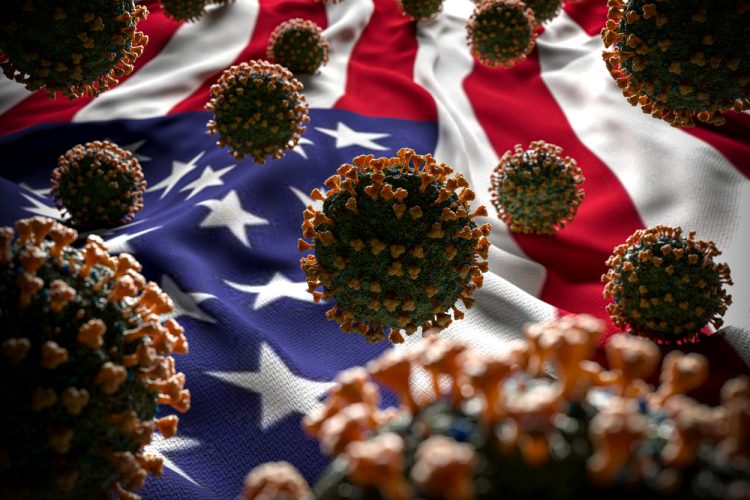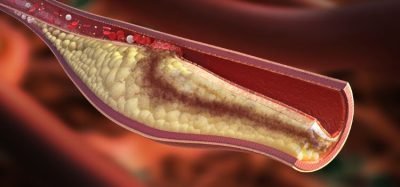FDA issues new guidance for developers of COVID-19 vaccines, diagnostics and therapeutics
Posted: 23 February 2021 | Hannah Balfour (European Pharmaceutical Review) | No comments yet
The new recommendations address the evolving landscape of COVID-19 drug development, including the emergence of SARS-CoV-2 variants.


The US Food and Drug Administration (FDA) has issued guidance for medical product developers working on vaccines, diagnostics and therapeutics products to address emerging and future variants of SARS-CoV-2, the virus that causes COVID-19.
“The FDA is committed to identifying efficient ways to modify medical products that either are in the pipeline or have been authorised for emergency use to address emerging variants,” said Acting FDA Commissioner Dr Janet Woodcock. “We know the country is eager to return to a new normal and the emergence of the virus variants raises new concerns about the performance of these products. By issuing these guidances, we want the American public to know that we are using every tool in our toolbox to fight this pandemic, including pivoting as the virus adapts. We need to arm health care providers with the best available diagnostics, therapeutics and vaccines to fight this virus. We remain committed to getting these life-saving products to the frontlines.”
Vaccines
An update to the FDA’s guidance on COVID-19 vaccine Emergency Use Authorization (EUA) published in October 2020, provides recommendations for vaccine developers who already have EUA for their COVID-19 vaccines and are seeking to amend their EUA to address new variants.
While current evidence suggests the authorised vaccines are effective against circulating strains, the FDA said if there is an emergence of SARS-CoV-2 variant(s) in the US that are moderately or fully resistant to the antibody response elicited by the current generation of COVID-19 vaccines, it may be necessary to tailor the vaccines to the variant(s).
The updated guidance outlines the FDA’s scientific recommendations for modifications to authorised vaccines. Some examples include:
- That the FDA expects that manufacturing information will remain generally the same for an authorised vaccine and a modified vaccine candidate from the same manufacturer.
- That a determination of effectiveness for a modified vaccine be supported by data from clinical immunogenicity studies comparing immune responses induced by the modified vaccine to those of the authorised vaccine.
- Manufacturers are also encouraged to study the modified vaccine in both naïve (non-vaccinated) individuals and in individuals previously vaccinated with the authorised vaccine.
The guidance also outlines the FDA’s recommendations for assessments of safety to support an EUA for a modified vaccine and states that further discussions will be necessary to decide whether in the future, modified COVID-19 vaccines may be authorised without the need for clinical studies.
COVID-19 Tests
A new guidance for test developers provides information on evaluating the potential impact of emerging and future viral genetic mutations, which may be the basis of viral variants, on COVID-19 tests.
The FDA has already identified a few tests that are impacted by emerging viral mutations and issued a safety alert cautioning that viral genetic mutations can potentially change the performance of a diagnostic test.
The guidance describes the FDA’s activities to better understand the public health impact of new virus variants and the impact on test performance. It also provides recommendations to test developers, such as considering the potential for future viral genetic mutations when designing their test and conducting their own routine monitoring to evaluate the potential impact of new and emerging viral genetic mutations on the performance of their molecular, antigen and serology SARS-CoV-2 tests.
Therapeutics
The FDA has also issued a new guidance to address the impact of emerging variants of SARS-CoV-2 on the development of monoclonal antibody products and updated a second guidance covering drugs and biological products for COVID-19 more broadly.
The new guidance provides recommendations on efficient approaches to the generation of non-clinical, clinical and chemistry, manufacturing and controls data that could potentially support an EUA for monoclonal antibody products that may be effective against emerging variants.
The revised guidance, originally published in May 2020, describes the FDA’s current recommendations regarding Phase II and III clinical trials for drugs and biological products under development to treat or prevent COVID-19. These include the patient population, trial design, efficacy endpoints, safety considerations and the statistical considerations for such trials and more. It has now been updated to address the evolving landscape of COVID-19 drug development, including the emergence of SARS-CoV-2 variants and the availability of authorised COVID-19 vaccines.
Both guidances encourage developers of drugs or biological products targeting SARS-CoV-2 to continuously monitor genomic databases for emerging variants and evaluate phenotypically any specific variants in the product target that are becoming prevalent or could potentially impact its activity.
Related topics
Clinical Trials, Drug Development, Drug Safety, Immunisation, Regulation & Legislation, Research & Development (R&D), Therapeutics









